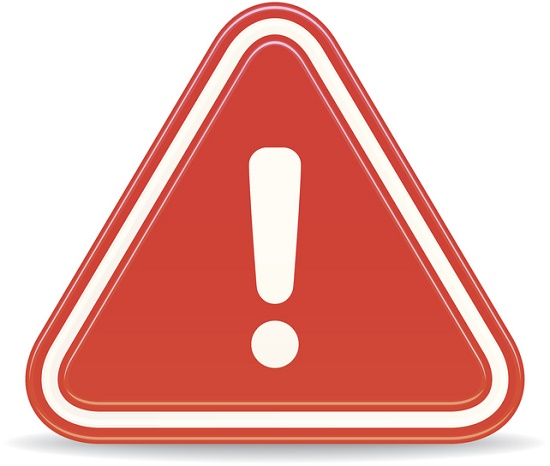
You normally would think hearing loss should be obvious to identify, but it’s not as easy to recognize as you may think.
First, most people with hearing loss have difficulties only with particular sounds and in specified scenarios. So, if you can hear normally on some occasions, you’ll have the tendency to pin the blame on other factors or other people for the times you do have difficulty hearing.
Second, hearing loss appears slowly and gradually over the years, so it’s challenging to detect the slow progression. It’s faster and easier to find fault with other people for mumbling, or to turn up the TV volume a little louder, than to admit that you might have hearing loss.
So, the signs can be subtle. You need to know what to watch out for, and while it’s convenient to disavow that you have hearing loss, you should be honest with yourself about the warning signs.
Here are the top 10 to watch out for. If you recognize any, it may be time to schedule a hearing exam.
- You experience ringing in the ears – this might be indicative of permanent hearing damage. Hearing aids can not only assist you to hear better, but they may also have the ability to relieve the ringing in your ears.
- You can’t hear regular household sounds – hearing loss can make it tough to hear the doorbell, the phone ringing, or a friend shouting your name from another room.
- You have trouble comprehending TV dialogue – speech is ordinarily much more difficult to hear than other sorts of sound. This often manifests itself as difficulty following movie or TV show plots.
- You have your cellphone, television, or radio at maximum volume – if you can hear the television, phone, or radio better than you can hear personal conversations, check the volume settings on your devices. You may have these gadgets set at elevated volumes while also believing that everyone else talks too softly.
- You request that people repeat themselves regularly – you recognize that you say “what?” a lot, or that you need to ask people to repeat themselves when you’re not facing them.
- You often misconstrue what people are saying – consonants are higher-pitched, and thus much more difficult to hear, than the lower-pitched vowels. Since consonants convey most of the meaning in a sentence, speech comprehension suffers.
- You have difficulty hearing all the words in a conversation – particular sounds and letters are more challenging to hear than others. What this means is you can hear most of the words in a sentence, but that you have to many times try to fill in the blanks.
- You have difficulty hearing when your back is to the speaker – you may depend on lip reading, body language, and other cues to meaning significantly more than you realize. When you’re not facing the speaker, and can’t use these hints, you may have difficulty understanding speech.
- You have trouble hearing with a great deal of background noise – as hearing loss gets worse, contesting noise becomes more of a problem. You may have the capacity to hear speech in quiet surroundings, but it becomes progressively difficult to follow conversations in a noisy setting like a restaurant.
- People complain that you shout or have the TV volume too loud – people may remark that you have the television volume too loud or that you have the proclivity to yell. It doesn’t seem this way to you because you’re compensating for your hearing loss.
Do you notice one or more of the top 10 warning signs of hearing loss? If yes, arrange your hearing test today, and take the steps to start living a better, more productive, and healthier life.